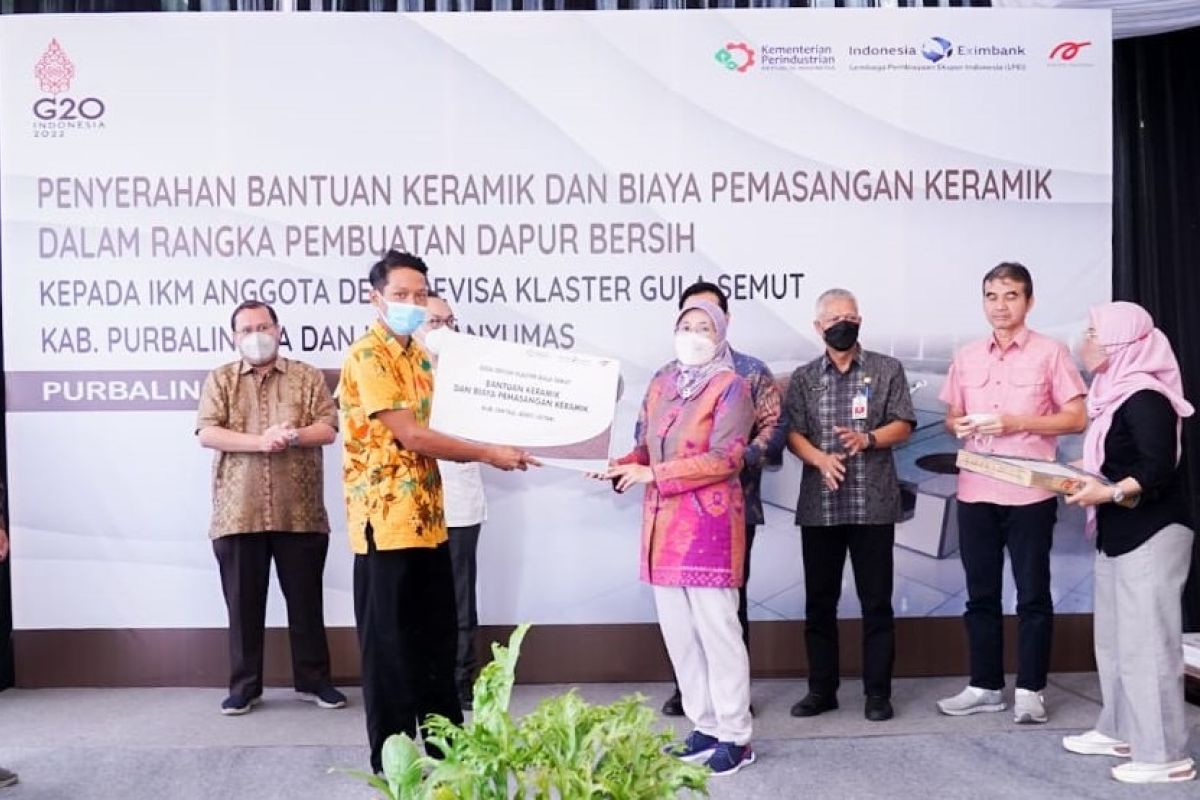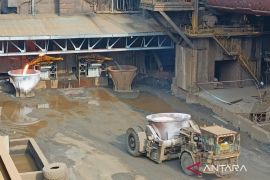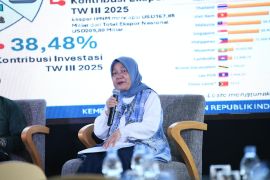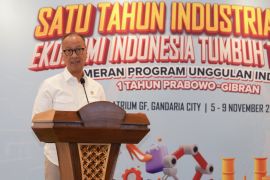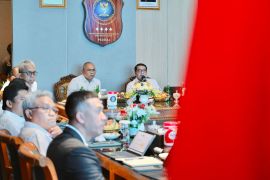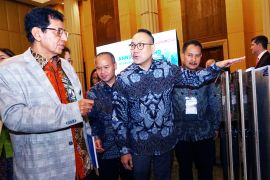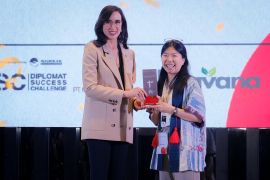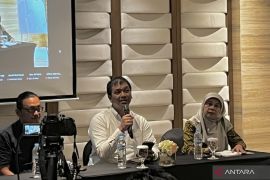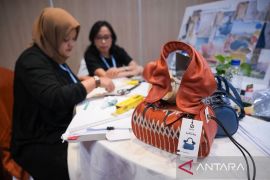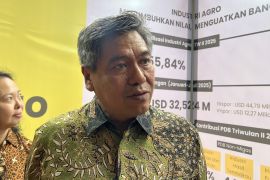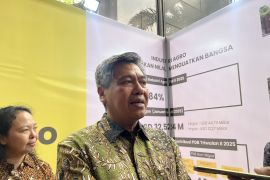"Indonesia is a major exporting country for palm sugar in the world. Based on the latest data, the export performance of products made from coconut sap or palm sugar reaches 36.5 thousand tons, with a value of US$49.3 million in 2019," Director General of Small, Medium, and Miscellaneous Industries ( IKMA) of the Industry Ministry Reni Yanita noted in a statement here, Saturday.
Yanita remarked that the export value also increased to 39.4 thousand tons, with a value of US$63.5 million in 2020.
Related news: Govt continues efforts for downstreaming of coconut industry: Minister
Palm sugar is one of the leading commodities that is being encouraged to improve national export performance. Palm sugar is a type of sugar made entirely from the sap of the palm family tree, such as coconut, palm sugar, or palmyra palm (siwalan).
"Majority of the palm sugar products are produced by IKM at several IKM centers in Central Java and West Java," Yanita stated.
In addition, Indonesian palm sugar IKM are renowned for their production, with 100-percent local raw materials.
Despite having penetrated the export market, the palm sugar industry is still facing myriad challenges in the form of raw materials related to the issue of mixing refined sugar, the use of technology, and the lack of application of Good Processed Food Production Methods (CPPOB) in production, Yanita elaborated.
Matters pertaining to market access, such as branding, the use of digital markets, and fulfillment of product standardization requirements demanded by the export market have also posed challenges to the palm sugar industry.
Related news: Ministry supports software, content industry development
"In responding to these challenges and to increase the export capacity of palm sugar, the ministry will implement various coaching programs," Yanita affirmed.
The coaching programs encompass the implementation of a food safety system in the form of assistance and Hazard Analysis Critical Control Points (HACCP) certification, a restructuring program for machinery and/or equipment through refunds for the purchase of new machines and/or production equipment, as well as the implementation of the transformation industry 4.0, especially in terms of efficiency and traceability.
In addition, the ministry allots the Special Allocation Fund (DAK) for the development and revitalization of IKM Centers as well as increasing export markets in the form of digital marketing assistance through global market workshop platforms, facilitation of membership at global market workshops, and participation in international exhibitions.
"The Directorate General of IKMA also encourages partnerships between IKM and relevant stakeholders in order to encourage the expansion of the export market," she added.
Related news: Ministry helps 28 furniture SMEs join international expo
Related news: Pharmaceutical industry must use research for business development
Translator: Sella Panduarsa G, Resinta S
Editor: Fardah Assegaf
Copyright © ANTARA 2022
